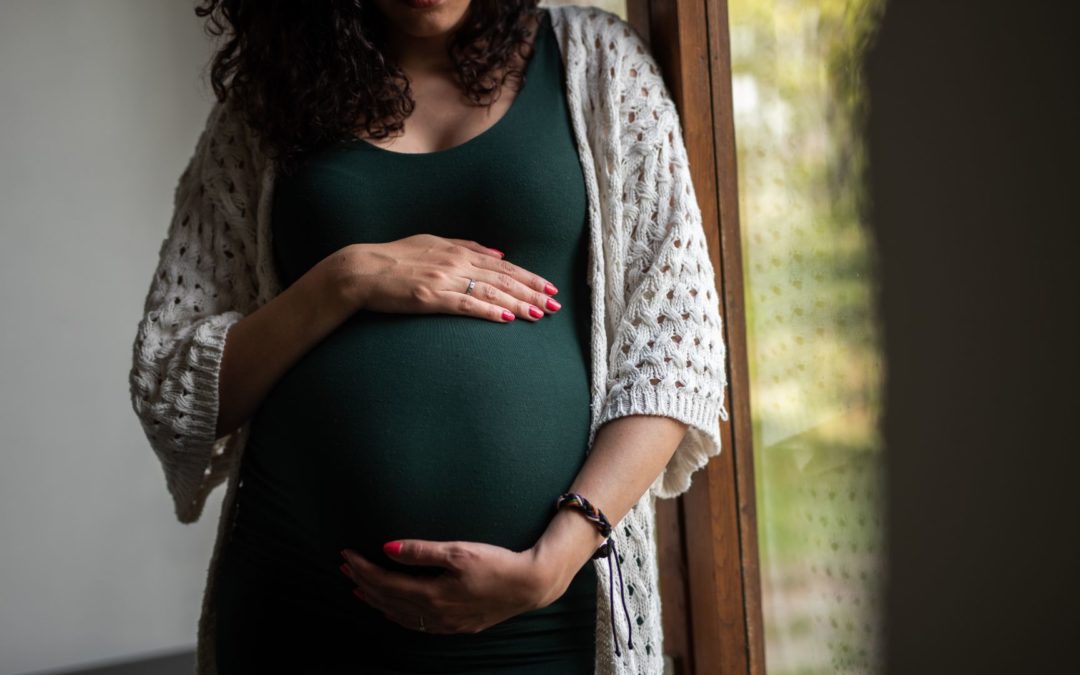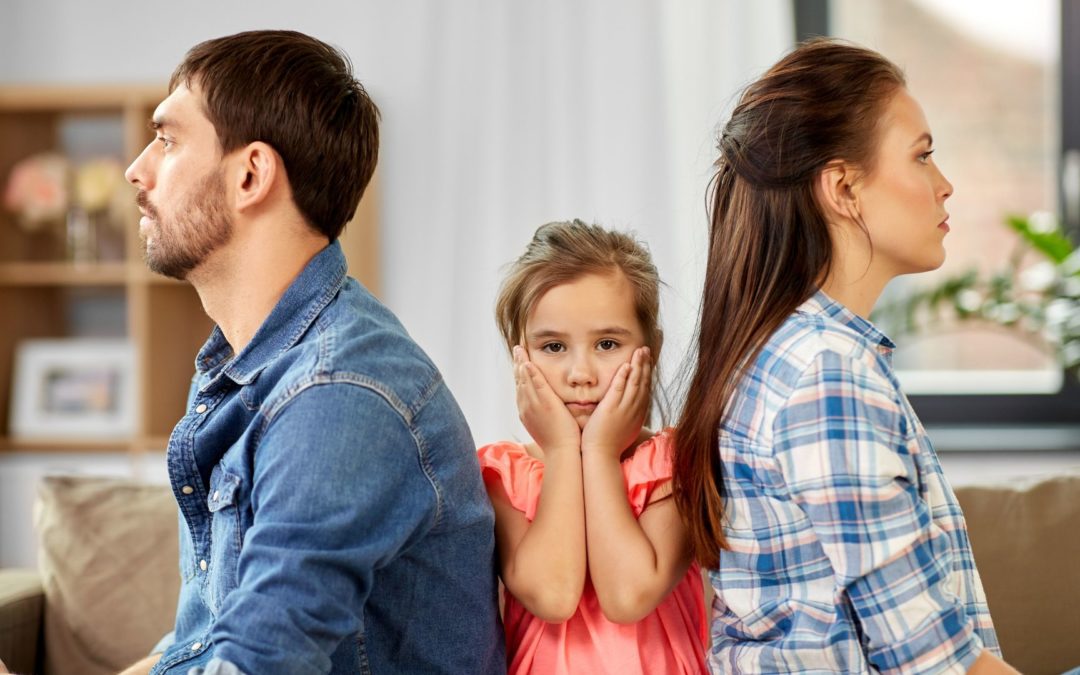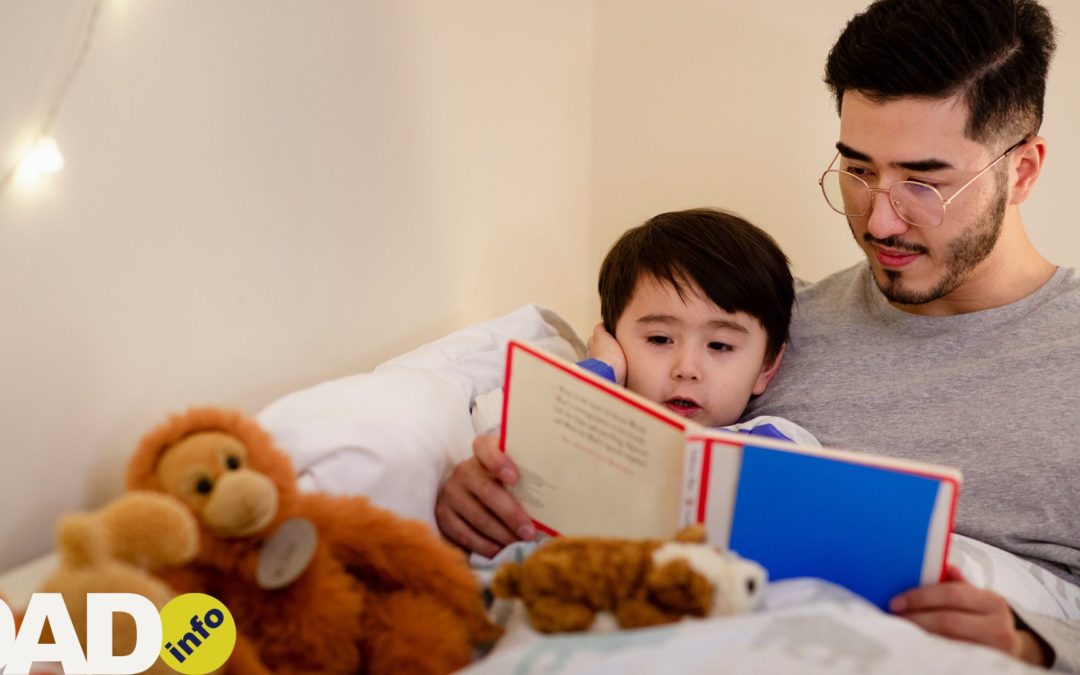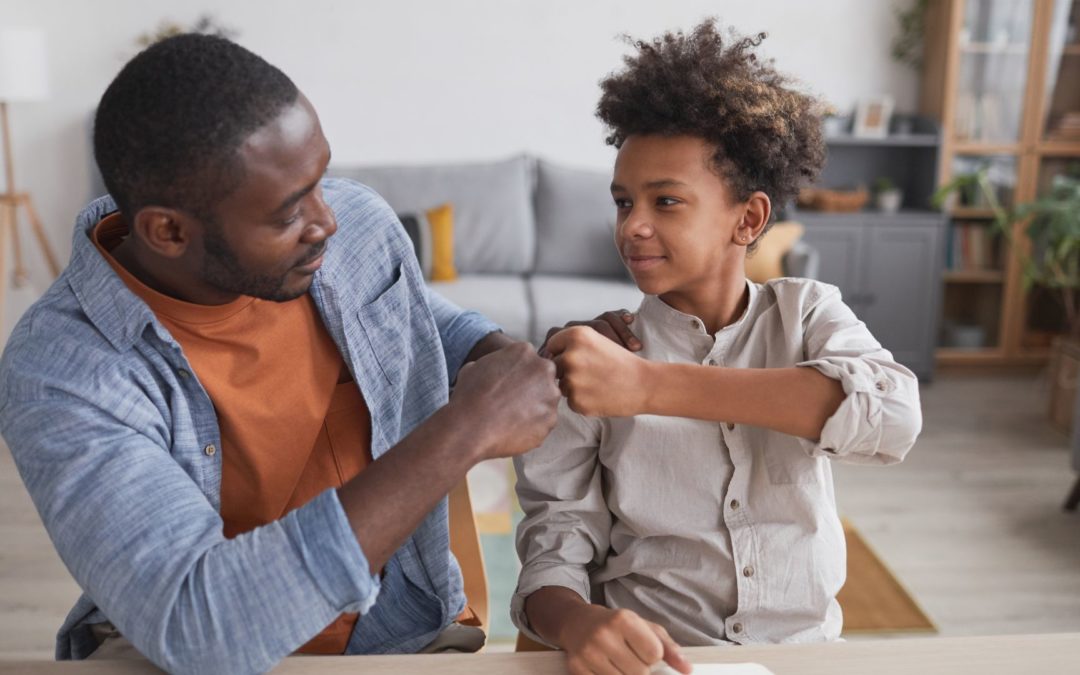Kids pick up on more than we realise. Ever considered how the handling of a conflict impacts on children? Conflict is an inevitable part of every relationship. However, repetitive and negative conflict can be damaging to children in a number of ways. Some children may develop externalising behaviours such as aggression as a result of witnessing destructive conflict. Others may develop internalising behaviours such as anxiety and withdrawal. Research suggests that it is the way in which conflict is resolved, rather than how often it occurs, that is important
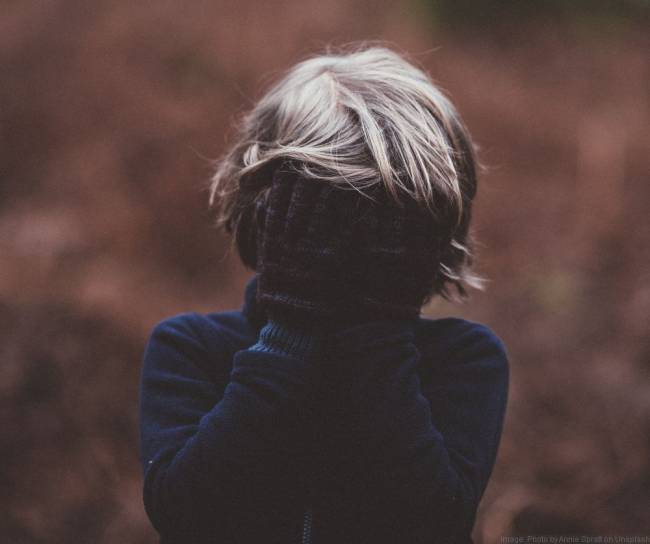
Destructive
How does constructive differ from destructive conflict? Destructive conflict is characterised by hostile and angry exchanges, and may include physical and verbal aggression. Take a moment to consider how you respond to your partner whilst arguing: do you recognise negative behaviours such as criticism, rejection and threats? This type of conflict causes a great deal of worry and anxiety in children, and may lead to them becoming withdrawn and depressed. It may also cause some children to become angry and to lash out, and may lead to the development of externalising disorders. Destructive conflicts can often occur in repetitive sequences that can be difficult to break out of, but identifying the patterns and trends can be the first step to considering a healthier approach.
Destructive conflict is characterised by:
- Physical aggression and violence
- Verbal hostility (threats, shouting,)
- Silent treatment – raising fears that the argument will never be resolved
- Intense conflict with contempt and criticism
- Threats to the stability of the relationship
- When a partner withdraws or ‘walks away’ from unresolved conflict
- Any conflict that is about children (in front of them).
Constructive
What is a constructive conflict? Constructive conflict is often characterised by accommodating behaviours, where one partner does not respond to negative or destructive behaviour in a similar way. Instead, one partner will assume the responsibility to make the discussion more constructive. You could say it is when couples attempt to handle conflict positively, such as by staying calm, engaging in problem-solving, and displaying positive behaviours, such as affection if possible. Couple conflict can vary in terms of intensity and how often it occurs. Some conflicts can be relatively minor and may be quickly forgotten. Other conflicts may reoccur regularly and be a result of more serious personal or relationship issues. Although recurrent conflict can be damaging, some of the damage can be offset through use of positive and constructive conflict strategies. Research suggests that children are less likely to get involved in this kind of conflict. Constructive conflict may also serve as a positive example for children and help them in their own development of life skills.
Conversely, constructive conflict (that has a less negative effect) is characterised by:
- Taking steps to resolve the conflict
- How people relate to each other after this conflict is important
- Compromise and ability to see other person’s point of view
- Ability to stay calm and resolve without shouting, given each person a time to share their viewpoint
- Apologies with ‘warm feelings’ rather than a token apology.
Children can learn positive ways to resolve conflicts with their peers in a more constructive way if this is the usual nature of conflict in the family. Aside to the nature of the conflict, its frequency is important in affecting relationships – the more often destructive conflict occurs, the more likely this will lead to negative outcomes.[1]

Effects of conflict on children
Children’s mental and physical health and life chances can be affected by poorly resolved and intense conflict between parents. With this in mind, it is the quality rather than the nature of the relationship (e.g. married, cohabiting) which has a greater bearing on child outcomes. Destructive inter-parental conflict can affect individuals not only during infancy and childhood, but also through adolescence and adulthood.
The findings[2] were as follows, and show how the inter-parental relationship, and arguments that occur can affect child outcomes:
- The quality of the inter-parental relationship, specifically how parents communicate and relate to each other, is increasingly recognised as a primary influence on effective parenting practices and children’s long-term mental health and future life chances.
- Parents/couples who engage in frequent, intense, and poorly resolved inter-parental conflicts put children’s mental health and long-term life chances at risk.
- Children of all ages can be affected by destructive inter-parental conflict, with effects evidenced across infancy, childhood, adolescence, and adulthood.
- Inter-parental conflict can adversely affect both the mother–child and father–child relationships, with evidence suggesting that the association between inter-parental conflict and negative parenting practices may be stronger for the father–child relationship compared to the mother–child relationship.
- While family breakdown can be detrimental in itself, this review has found that the quality of parental relationships, level of parental stress, and quality of family functioning also have a significant impact on children’s well-being, in both intact and separated families. Family structure, family breakdown, and family relationship quality are all closely intertwined, making it difficult to distinguish the causal effect of each factor.
Programmes to reduce inter-parental conflict
Programmes that offer support to reduce inter-parental conflict are in their infancy in the UK. From a review by the Early Intervention Foundation of existing programmes, only one of these (‘Parents as Partner’) achieved a quality rating that demonstrated an ability to improve couple/inter-parental outcomes.
Parents as Partners is delivered as small group sessions with a small number of other couples. This 16-week group work programme is designed for parents who are struggling with conflict and stress in their parenting and relationships.
The programme provides a safe space to think through difficulties; offers new and more constructive ways of resolving differences; and benefits from the support from other parents in similar situations. It enables couples to work on their relationship and themselves, exploring family patterns, as well as improving parenting skills and helping their child to succeed. Sessions include a mix of creative activities, video clips and discussions, input from the group leaders and space to talk about the things that are important to the couples.
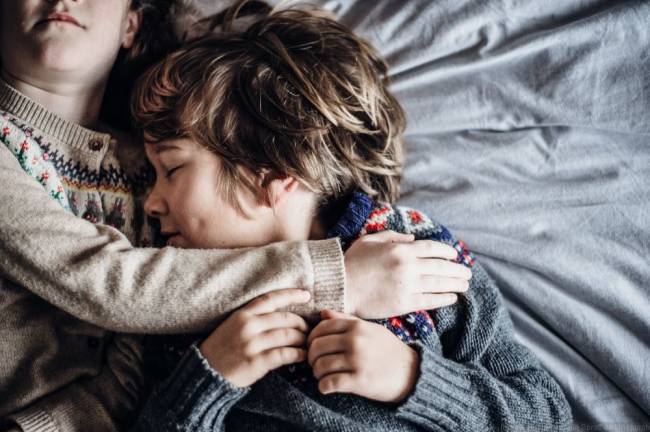
Based on 97 couples who attended sessions in London and Manchester, pre- and post-session data revealed that at the end of the programmes improvements were seen in:
- quality of the couple relationship – greatest improvements in poor quality, high conflict relationships;
- reduction in couple conflict (including disagreements about money, the children, time spent together) – greatest improvements in poor quality, high conflict relationships;
- reduction in violent problem-solving;
- improvements in psychological wellbeing;
- reduction in children’s emotional and behavioural difficulties;
- most striking improvements seen in children with the most problematic behaviours.
Although still being implemented in the UK, Parents as Partners is arguably the most evidence-based and evaluated programme of its kind, being based on the ‘Schoolchildren and their Families Project’ which was widely implemented and evaluated in the US. It might be worth checking them out.[3]
It is important to consider how we handle anger, frustration and disappointment with one another. After all, our children are watching.
Feel the need to talk this through further? You could start by talking to us on our online forum, from the 32,000 dads on forum – you’ll probably come across someone who has been in your shoes but a little further on in the journey to be able to offer you support.
Want to read some of our related article on this subject? Take a look at these…
FIGHTING FAIR: MANAGING CONFLICT WITHOUT DESTROYING YOUR RELATIONSHIP
VIOLENCE IN RELATIONSHIPS: WHAT TO DO?
References
[1] Reynolds, J, Houlston, C, Coleman, L and Harold, G (2014). Parental Conflict: outcomes and interventions for children and families. Bristol: Policy Press.
[2] Harold, G. Acquah, D, Sellers, R and Chowdry, H (2014). What works to enhance inter-parental relationships and improve outcomes for children? London: Department for Work and Pensions.
[3] https://tavistockrelationships.org/relationship-help/parents-as-partners-programme
Author: Kiran Kaur, updated on January 31 2018.



